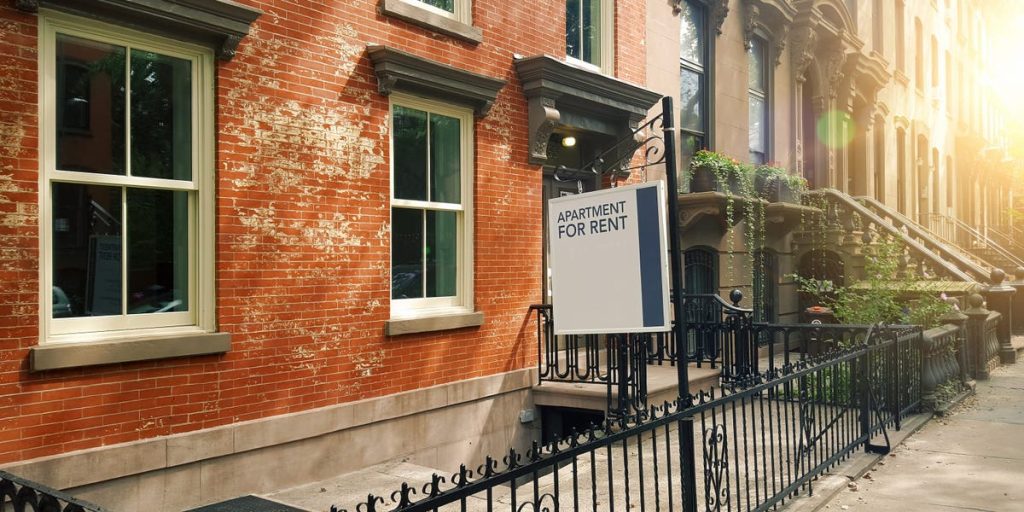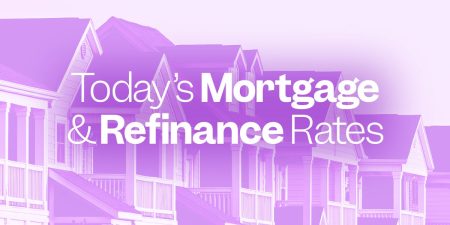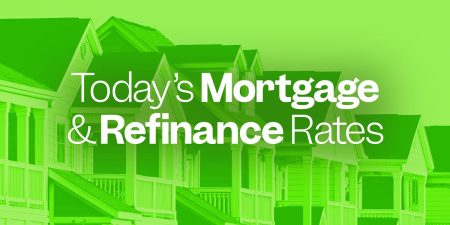A Guide to Investment Property Mortgage Rates: What You Need to Know
Understanding Investment Property Mortgage Rates in 2023
If you’re considering purchasing a property to generate income, such as through renting, understanding the current mortgage rates and how they work is crucial. As of January, the average 30-year mortgage rate for investment properties sits at 6.71%, according to data from Zillow. This represents an increase of 29 basis points compared to the previous month. While many experts predict that mortgage rates may decrease later this year, this outcome largely depends on inflation trends. Even if rates do decline, the reduction may not be significant enough to drastically improve affordability for borrowers.
Investment property mortgage rates are typically higher than those for primary residences or second homes, as lenders view these loans as riskier. Before diving in, it’s essential to shop around for the best rates and understand the factors that influence them. Checking today’s mortgage rates on platforms like Zillow can give you a sense of how rates are trending across the market.
What is an Investment Property Mortgage?
An investment property mortgage is a loan used to purchase a property that is not intended as a primary residence or second home but is instead bought to generate income, often through renting. These properties are not owner-occupied, meaning the borrower does not live there.
When applying for an investment property mortgage, borrowers can expect several key differences compared to owner-occupied mortgages:
- Higher interest rates: Lenders charge more due to the increased risk associated with these loans.
- Larger down payments: Expect to pay a minimum of 15% to 25% of the property’s price, depending on factors like the type of property or its size.
- Stricter qualification standards: Borrowers may need higher credit scores, and lenders will closely examine their debt-to-income (DTI) ratio, especially if they already have other mortgages or loans.
- Rental income consideration: In some cases, lenders may allow you to use a portion of the potential rental income to qualify for the loan.
Overall, investment property mortgages are more expensive and harder to qualify for than traditional home loans due to the higher perceived risk for lenders.
Why Are Investment Property Mortgages Riskier?
From a lender’s perspective, investment property loans are riskier for several reasons:
- Borrowers in financial distress are more likely to prioritize payments on their primary residence over investment properties.
- Managing an investment property requires significant time, effort, and resources to attract tenants, handle maintenance, and cover unexpected expenses.
- If the property fails to generate enough income to offset costs, the borrower might decide to default on the loan.
These factors explain why lenders impose stricter terms, higher rates, and larger down payments for investment property loans.
Factors That Influence Your Investment Property Mortgage Rate
Several factors can affect the interest rate you’ll qualify for when applying for an investment property mortgage:
- Property Type: The type of property you’re purchasing plays a significant role. For instance, multi-unit buildings may come with higher interest rates than single-family homes.
- Location: Mortgage rates can vary by state, so it’s worth researching trends in your area.
- Down Payment Amount: A larger down payment can help you secure a better rate. According to Raul Hernandez, a mortgage broker with Competitive Home Lending, a down payment of 20% to 25% is often needed to qualify for competitive rates.
- Loan Term: Shorter loan terms, such as a 15-year mortgage, typically have lower rates than longer terms like a 30-year mortgage.
- Your Financial Profile: A strong financial profile, including a high credit score and a low DTI ratio, can help you secure better rates.
Hernandez also notes that while borrowers with credit scores as low as 620 may qualify for investment property loans, those with lower scores will likely face higher interest rates and larger down payment requirements.
Where to Find Investment Property Lenders
Many local and national lenders offer investment property mortgages, so it’s important to shop around for the best deal. Larger banks like Chase provide these loans, while local banks and credit unions may offer more personalized service and potentially better rates.
If you’re looking for more flexible requirements, consider exploring non-QM (non-qualified mortgage) lenders, which may offer alternative underwriting criteria. However, these loans often come with higher rates or fees.
If you’re overwhelmed by the process, you might want to work with a mortgage broker. Brokers can help you compare multiple lenders at once, making it easier to find the right loan for your needs and financial situation.
FAQs About Investment Property Mortgages
Here are some common questions and answers to help you better understand investment property mortgages:
-
Are investment property mortgage rates higher than other types of mortgages?
Yes, investment property mortgage rates are generally higher due to the increased risk for lenders. -
How much is required for a down payment on an investment property?
The required down payment varies by lender but typically ranges from 15% for single-unit properties to 25% for multi-unit properties. -
Why is it harder to qualify for an investment property mortgage?
Borrowers typically need a larger down payment and may face stricter credit and DTI requirements. Adding a new mortgage to an already complex financial profile can also make qualification more challenging. -
Can I use a home equity loan or HELOC for my down payment?
Yes, tapping into the equity of an existing property through a home equity loan or HELOC is a common strategy to secure the funds needed for a down payment. - Are closing costs higher for investment property loans?
Closing costs may vary depending on the lender and the specific terms of the loan. However, they are generally comparable to those of non-investment property loans.
By understanding these details, you can make informed decisions about your investment property purchase and secure the best possible mortgage terms for your financial goals. Whether you’re a seasoned investor or a first-time buyer, taking the time to research and compare rates will help you maximize your returns and set yourself up for long-term success.












